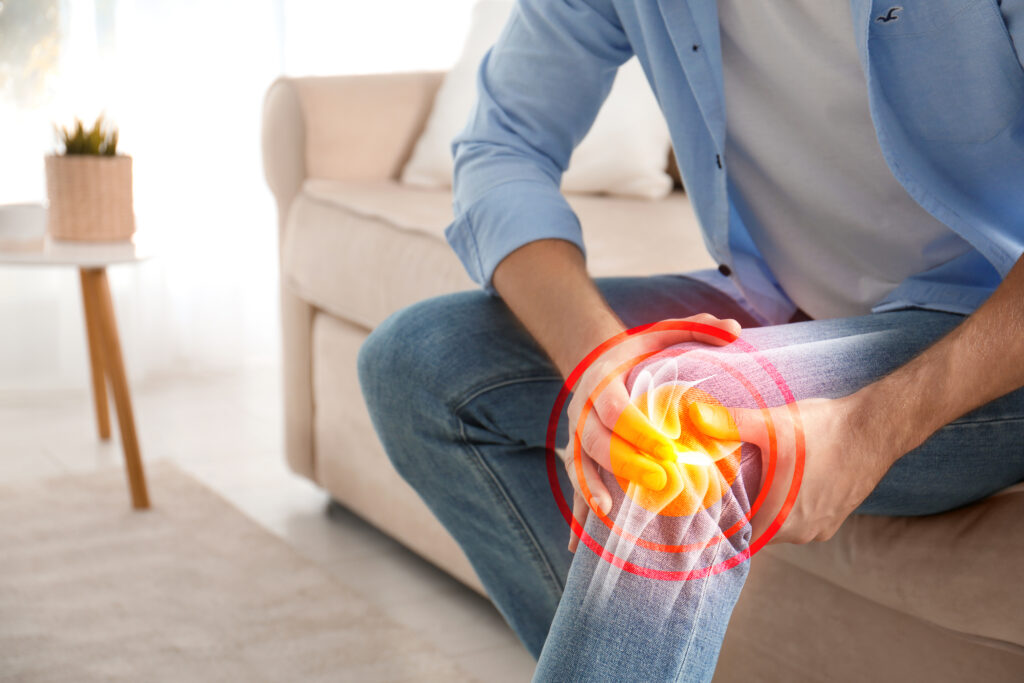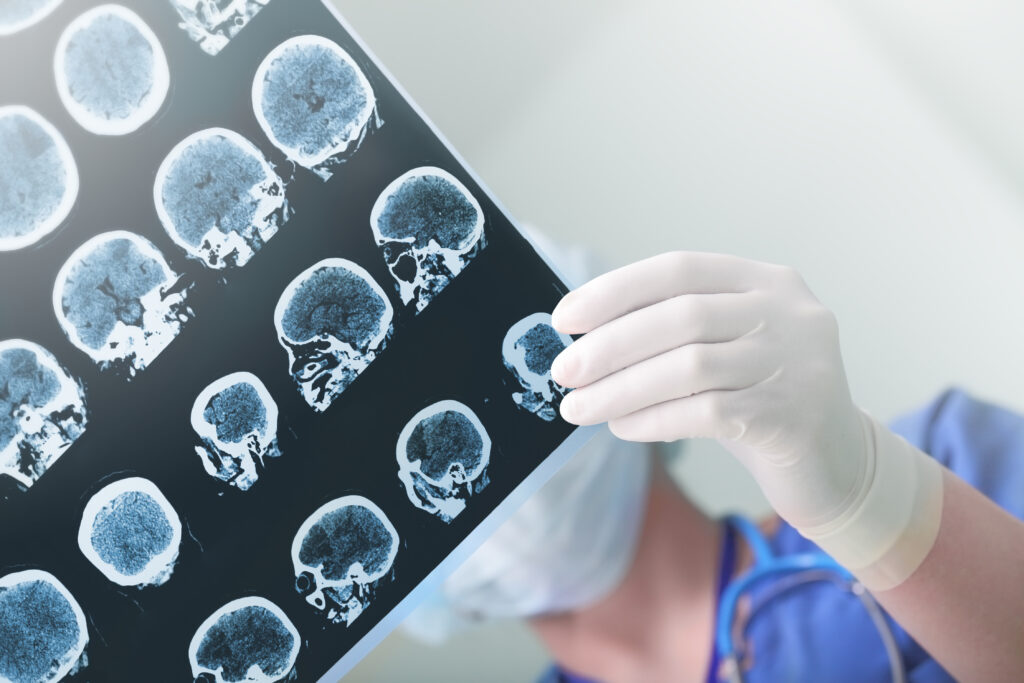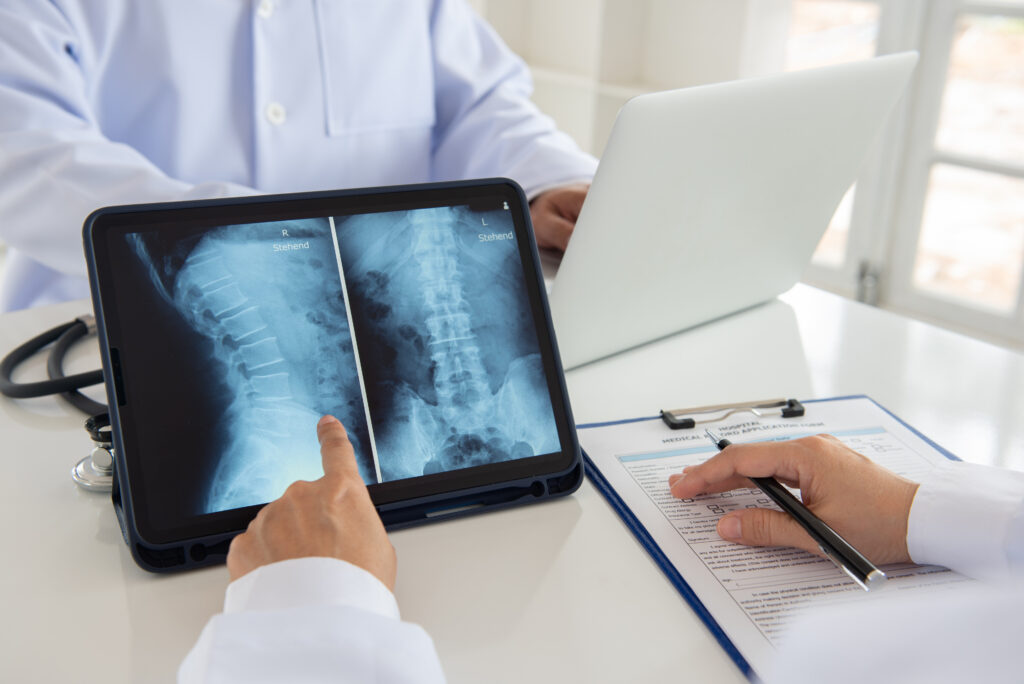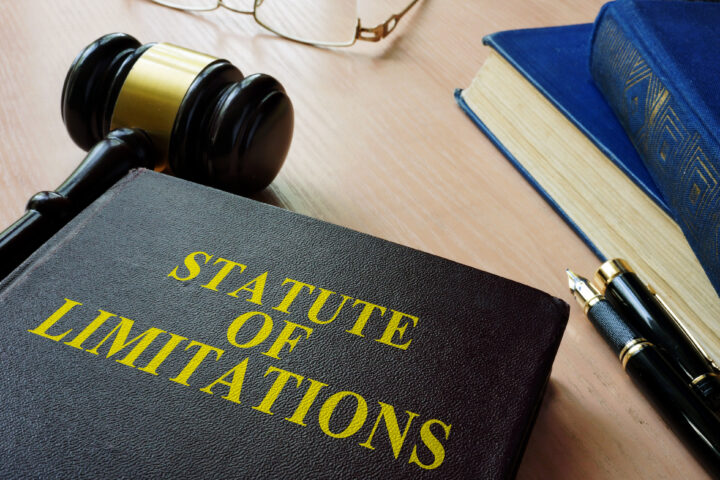8 Common Car Accident Injuries

There are thousands upon thousands of car accidents per day in California. While some are minor fender-benders, others are more serious and result in injury or death. A car accident injury could be a broken bone, a muscle strain, or a head injury. Common car accident injuries can lead to chronic pain, loss of enjoyment of life, and other serious implications.
If you were injured in a car accident due to someone else’s negligence, contact our Whittier car accident lawyer at Greenleaf Law Group. Through our compassionate legal support, you may be able to recover compensation for your medical expenses, treatment, and other losses. Call us today for a free consultation.
Whiplash
Whiplash is a type of neck injury caused by a sudden back-and-forth movement of the head, like the cracking of a whip. This is the most common injury sustained in a rear-end collision. Rest usually heals whiplash in a few weeks, but may lead to chronic neck pain and other complications.
Symptoms of whiplash:
- Neck pain and stiffness
- Loss of range of motion in the neck
- Headaches
- Fatigue
- Dizziness
Broken Bones
The impact of car crashes can put too much pressure on a bone, causing it to split or break. While a fracture can occur in many different areas of the body, the most common broken bones after a car accident are ribs, arms, wrists, femur, and collarbone.
These injuries are very painful and require months of healing. Depending on the size and location of the fracture, surgery may be required.
Symptoms of broken bones:
- Pain
- Visibly out-of-place or misshapen limb or joint
- Swelling, bruising, or bleeding
- Numbness or tingling
Head Injuries

A head injury is a broad term for any type of injury to the brain, skull, or scalp. They are some of the most common car accident injuries. A head injury is commonly referred to as a brain injury or traumatic brain injury (TBI). A concussion is a mild TBI.
A direct blow to the head a whiplash-related injury can cause the brain to rock back-and-forth in the skull, resulting in a brain injury. To diagnose brain injuries, a doctor will conduct a physical exam and administer a CT scan and/or MRI scan.
Symptoms of head and brain injuries:
- Headache
- Nausea
- Blurred vision
- Dizziness
- Fatigue
- Loss of consciousness
Cuts and Bruises
These injuries are generally not considered serious, but can lead to pain and scars. Broken glass from the car’s windshield may pierce the skin, while the force of the crash may cause bruising to the abdomen, arms, and legs. A serious laceration may need surgical repair to stop the bleeding or prevent further complications.
Symptoms of a laceration or contusion:
- Bleeding
- Skin discoloration
- Swelling
- Bruising
Spinal Cord Injuries

A spinal cord injury involves damage to the spinal cord or the nerves. It can lead to partial or total loss of movement, changes in strength or feeling, and other complications.
While less serious than a spinal cord injury, car accident victims may also feel back pain after a crash. Back pain can lead to chronic pain that lasts for over three months. Spinal cord injuries are some of the most devastating types of car accident injuries.
Symptoms of a spinal cord injury:
- Loss of movement
- Weakness
- Loss of or a change in sensation
- Loss of bowel or bladder control
- Difficulty standing up or walking
Soft Tissue Injuries
Sprains and strains are the most common types of soft tissue injuries sustained in a car accident. A sprain is an injury to a ligament, which is a band of tissue that connects bones at joints. Sprains often affect ankles, knees, or wrists. If the ligament is completely torn, surgery may be necessary.
A strain is an injury to a muscle or a tendon. Although common in sports and certain industries like construction, a strain can occur after a car accident if the impact forces the muscle or tendon to stretch or tear beyond its normal limit.
Symptoms of soft tissue injuries:
- Pain and swelling
- Stiffness
- Bruising
- Heat redness
Internal Injuries

The internal organs including the liver, spleen, and kidneys can be injured if they are slammed against the airbags, steering wheel, or dashboard. Internal injuries are dangerous because they often do not produce obvious symptoms.
Some of the most common internal injuries sustained in car accidents are broken ribs, ruptured spleen, pneumothorax (collapsed lung), and internal bleeding.
Symptoms of an internal injury:
- Abdominal pain
- Blood in urine
- Shoulder pain
- Tenderness
- Nausea and vomiting
- Breathlessness
Psychological Injuries
Not all car accident injuries are visible. Car accidents may result in psychological trauma if the victim experiences flashbacks, nightmares, or intrusive thoughts about the accident. Witnessing a car accident can also cause emotional trauma.
Post traumatic stress disorder (PTSD) is one of the most common mental health disorders from a car accident. It is estimated that 3.5 million adults in the U.S. suffer from PTSD annually.
Symptoms of a psychological injury:
- Anxiety and fear
- Feeling sad or hopeless
- Anger or irritability
- Mood changes or mood swings
- Confusion and difficulty concentrating
- Feeling detached from family and friends
- Fear of driving
What Should I Do If I Sustained an Injury After a Car Accident?

Being involved in a car accident, regardless of how it happened, is disorienting and scary. Take the following steps to protect yourself and your legal rights.
- Call the police: Report the accident to the police and get a copy of the accident report. The report can provide important details about the accident, such as the date, time, location, parties involved, witnesses, and possible causes.
- Take photos or videos of your injury: Gather evidence at the accident scene, including photos or videos, that document the crash and your injuries.
- Seek emergency medical treatment: Even if you think your injury is minor, see a doctor as soon as possible. Some injuries may not show up right away or may worsen over time. Getting medical attention can also help document your injury and link it to the accident.
- Exchange information: Get the contact information, insurance details, and license plate number of the driver who hit you. If there are witnesses, get their contact information as well.
- Contact your insurance company: After a serious car accident, you will need to report the accident to your insurance company and the DMV. Do not discuss fault or apologize when speaking with the insurance adjuster.
- Speak to a car accident lawyer: You do not want to say or do anything that could hurt your chances of obtaining compensation. Speak to a qualified car accident lawyer who can advise you on how to proceed and communicate with the insurance company.
Contact Greenleaf Law Group for Legal Assistance

Serious car accidents can happen to anyone. If you or a loved one sustained an injury because of a speeding, distracted, or drunk driver, the team at Greenleaf Law Group can help. Our car accident lawyers have years of experience winning car accident cases for injured victims.
When you hire our Los Angeles law firm, you will have a team of experts at your disposal to help with your damaged vehicle and your injuries. We will do all the necessary work so you can focus on healing. Contact us today to set up a free consultation by calling (562) 550-7676 or filling out a quick online contact form.


